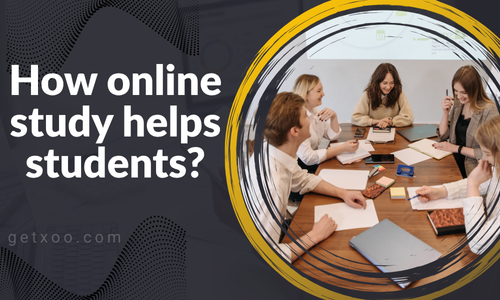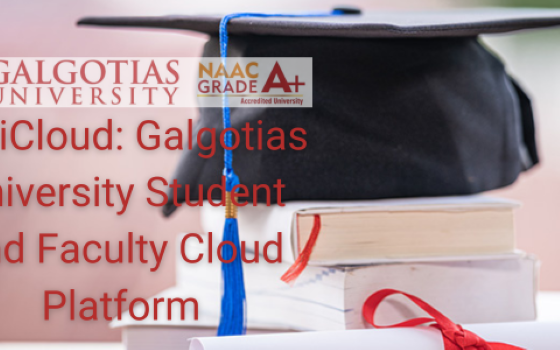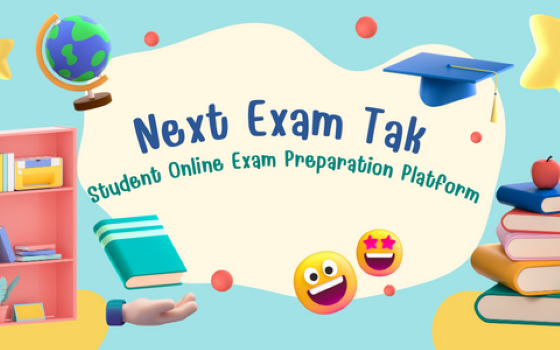What is Education?
Education is the process of learning and gaining knowledge, skills, values, and habits that help people grow and live better lives. It is not just about reading books or passing exams—it is about understanding the world, developing character, and becoming a responsible person. From a young age, education helps us learn how to think, communicate, and solve problems in daily life.
Education gives people the power to build their future. It opens doors to better job opportunities, helps reduce poverty, and promotes equality. When people are educated, they can contribute more to their communities and make society stronger.
- Confident
Education is one of the most powerful tools that shapes a child’s future. It not only helps in learning subjects like math, science, or language but also builds self-belief and courage to face the world. Through education, children gain knowledge, skills, and values that guide them in making the right decisions in life.
When children learn new things, they start to understand their abilities and strengths. This understanding makes them more confident to express their ideas and opinions. For example, when a child answers a question in class or completes a project successfully, it boosts their self-esteem and makes them believe in themselves. Teachers also play an important role by encouraging students and helping them overcome fear or hesitation.
Education teaches children how to communicate, solve problems, and work with others. These skills help them in real-life situations, making them more independent and capable. With education, children learn that mistakes are part of the learning process, and this mindset helps them grow stronger and more confident.
- Economic Growth
As an educated child, I understand that the progress of a country depends on how well its people work together to make life better for everyone. When people get good education, jobs, and opportunities to use their skills, the nation becomes stronger and more successful. This is what we call economic growth.
Education plays a big part in building a strong economy. When children go to school, they learn new ideas and develop skills that help them find better jobs in the future. Educated people can invent new things, start businesses, and find smart solutions to everyday problems. This helps the country earn more money and create more jobs for others too. Hard work, honesty, and creativity also help a country grow. When people work together, save money, and invest in useful projects, it improves roads, schools, hospitals, and industries. Farmers can grow more crops, workers can make better products, and technology can make life easier.
- Assists in Problem Solving
As an educated child, learning how to think clearly and make good decisions is very important. Education gives us more than just facts and numbers; it helps us understand how to face challenges and find the best ways to solve them. Being educated also helps us handle difficult situations calmly. Instead of getting upset or giving up, we learn to analyze the problem and find a smart solution. It teaches us patience, teamwork, and creativity. We understand that every problem has an answer if we take time to think and work hard. As children, these skills prepare us for bigger challenges as we grow. We learn how to make fair decisions, respect others’ ideas, and use our knowledge to help our community. Education shapes not just our minds but also our character.
- Required in Equality
To minimize disparities in the society, education is requisite. It offers equal chances to each person in order to achieve as a person (not as a gender or as a race or a socio-economic status).Education is one way that can help us to end this cycle of poverty and make there to be an equal degree of opportunity.Based on findings by UNESCO, there is an improvement of 5% per cent chance of a girl completing secondary education.And this directly affects the creation of gender equality. Indeed, UNICEF Girls’ education page also mentions that investment in the education of girls brings in higher lifetime earnings, stable economies, and reduced inequality.
- Communication Skills
Communication skills are one of the most important abilities a person can have. They enable us to communicate clearly and effectively with others, share concepts, and express our thoughts. Good communication makes interactions easier and more meaningful, whether at school, in the workplace, or in everyday life.
Relationship building is one of the main reasons communication skills are important. People understand us better and have more faith in us when we write and speak clearly. Stronger friendships, improved teamwork, and positive connections with coworkers, teachers, and family members result from this. Communication skills also play a key role in career growth. In any job, being able to explain ideas, give presentations, or participate in discussions makes a person stand out. Employers value individuals who can communicate confidently and solve problems by sharing their thoughts effectively.
- Make Your Dreams Come True
When you are educated, you have the ability to make your dreams come true. Knowledge gives you the foundation to set goals and plan your future wisely. Education helps you understand your strengths and weaknesses, which is very important for personal and professional growth. It also teaches discipline, patience, and perseverance, qualities that are essential for achieving dreams.
Education also helps in building confidence. When you know more about the world, different subjects, and various skills, you feel ready to take on responsibilities. An educated person can communicate ideas clearly, work in a team, and lead projects effectively. These abilities make it easier to turn dreams into reality.
- Expands Career Opportunities
One of the most significant benefits of education is that it equips you with the skills and qualifications necessary to pursue your desired career path. Many professions, from healthcare to IT, require specialized training or certifications that only education can provide.
For instance, programs like those offered at ATA College in El Cajon, CA, prepare students for entry-level roles in industries such as Medical Assistance, Software Development, and HVAC Technology. Such training ensures individuals are ready to meet market demand with the right skill set.
- Boosts Earning Potential
When you are educated, you gain specialized skills that employers value. For example, completing a degree, diploma, or certification can make you eligible for jobs that pay more than entry-level positions. Education also helps you learn problem-solving, critical thinking, and communication, which are highly important in the workplace. These skills make you a better candidate and can lead to promotions or leadership roles.
Education does not just help in traditional jobs. It opens doors to online opportunities, freelancing, and entrepreneurship. People who invest in learning new skills, like digital marketing, coding, or design, often earn more because they can offer services that are in high demand.
- Start Creating Your Key to Success
Education unlocks doors, creates opportunities, and builds a foundation for personal and professional achievement. The benefits are diverse and wide-reaching, from increasing career potential to fostering lifelong growth.
If you’re ready to take the next step in your educational and professional journey, consider enrolling at ATA College. With specialized diploma and associate degree programs in fields like software, HVAC, and healthcare, ATA College equips you with practical skills to ensure you’re marketable in today’s workforce.
FAQ
Q 1. What are the primary goals of education?
The primary goals of education are to impart knowledge, develop critical thinking, and foster personal and social growth. It aims to prepare individuals for the workforce, promote civic responsibility, and encourage lifelong learning.
Q 2. How does education influence future opportunities?
Education enhances future opportunities by increasing employability, boosting earning potential, and providing a foundation for personal and professional growth. It opens doors to higher-paying jobs and further educational pursuits.
Q 3. How does education vary across different countries?
Education varies globally in structure, quality, and accessibility due to differences in economic development, cultural values, and government policies. Some countries focus on standardized testing, while others emphasize holistic or experiential learning.
Q 4. What is the role of technology in education?
Technology enhances education by providing access to online learning, digital resources, and interactive tools. It supports personalized learning, enables innovative teaching methods, and makes education more accessible and engaging.
Q 5. How does education contribute to personal growth?
Education promotes personal growth by expanding knowledge, improving cognitive abilities, and fostering critical thinking. It helps develop self-awareness, emotional intelligence, and effective communication skills.






